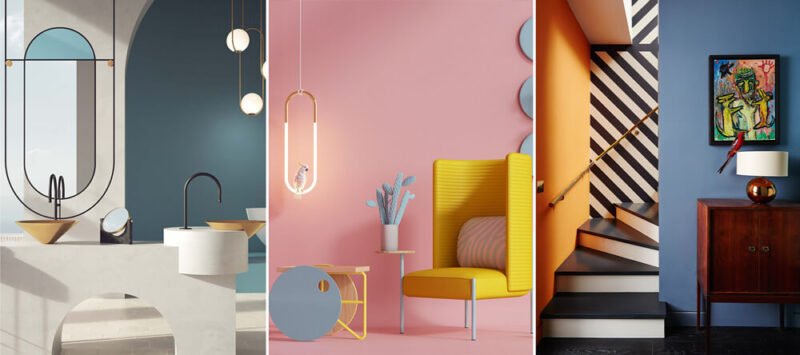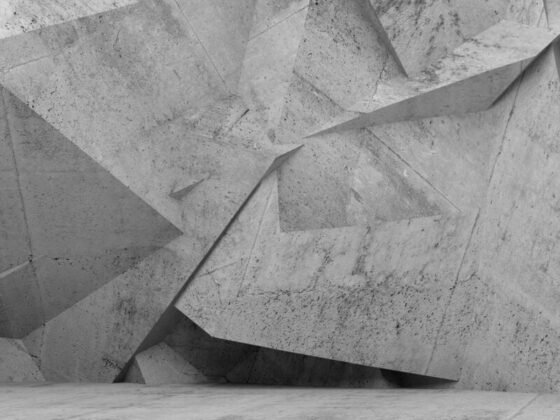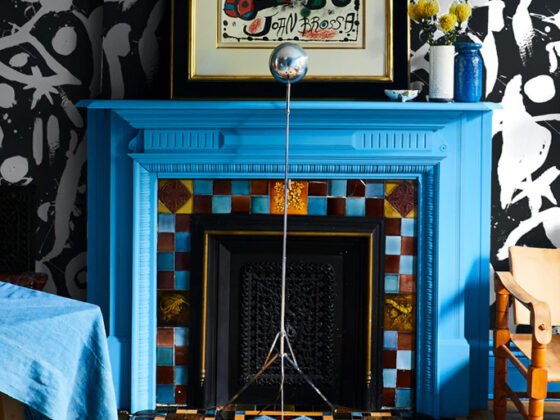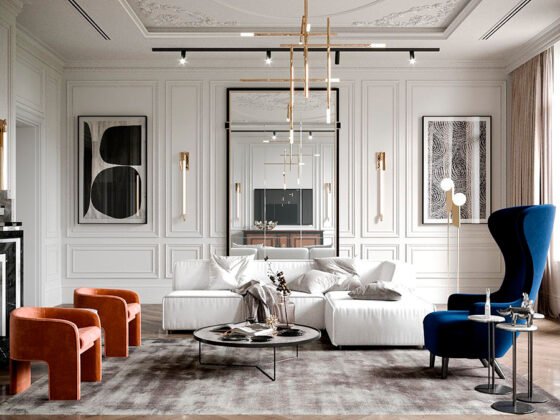Designing a new living space is not just about choosing the right color palette or tiles, furniture or other design elements. It’s a lifestyle choice.
Your home’s interior is an extension of your identity, expressing your individuality. Each residence has a unique ambiance and character, setting it apart from others. Even if you reside in an apartment complex where units are uniform, the interior design distinguishes your space from others.
Do You Need an Interior Designer?
In most cases we are able to pick out the colors of our walls, tiles, furnishings, textiles, and other decor pieces. Nonetheless, certain considerations demand meticulous planning before making decisions about elements such as a sofa or a bathroom mirror. Such factors include floor plans, lighting, vents, electrical outlets, and more. These aspects may appear straightforward and unambiguous, but mistakes made in their selection can become evident only after the interior decor has been completed. Rectifying such issues at that point would necessitate repairs in a freshly refurbished home.
In order to avoid such failures, it is worth considering the services of an interior designer. A professional in this field carefully plans the layout of a space, taking into account factors such as lighting and electrical outlets, while also ensuring that all components are integrated seamlessly to create a comfortable and ergonomic home. An interior designer evaluates your personality and preferences, fashioning a space where you’ll feel comfortable and at ease, be it your residence, workplace, or a place of relaxation. To learn more about why it’s beneficial to hire an interior design specialist, you can read here.
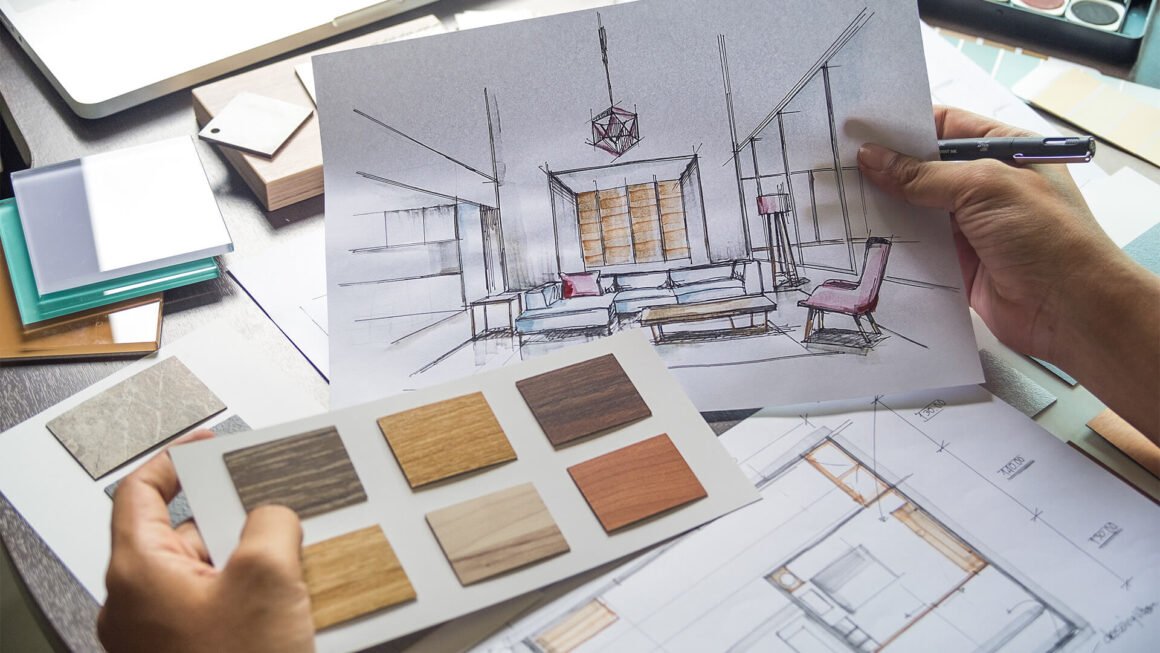
Pay Attention To
Once you’re absolutely certain that your upcoming remodeling or home renovation isn’t a DIY project, of course you need to think about your budget and what style or mood you want to create in your home. Do you envision a contemporary residence featuring cutting-edge technology, or would you rather have a home that honors your cherished traditions? Do you prioritize exclusivity, or do you value functionality above all else? When selecting an interior designer to entrust with your project, opt for a specialist whose interior design style aligns with your ideal home’s aesthetic. For instance, it may prove challenging for a designer who specializes in modern interiors to create a classic design and vice versa. Similarly, an interior designer who favors incorporating retro-style accents may struggle to deliver satisfactory results if you’re not fond of such details. However, a designer working in their area of expertise, i.e., the style you’re interested in and familiar with, will surprise you with inventive solutions and novel details that you may not have imagined.
Before hiring a professional, it’s vital to carefully examine their portfolio to ascertain their style and approach. Assess whether their work resonates with your vision for your home. If you feel a connection with your designer and their portfolio reflects your desired aesthetic, then investing time and money into the project will yield a worthwhile outcome.
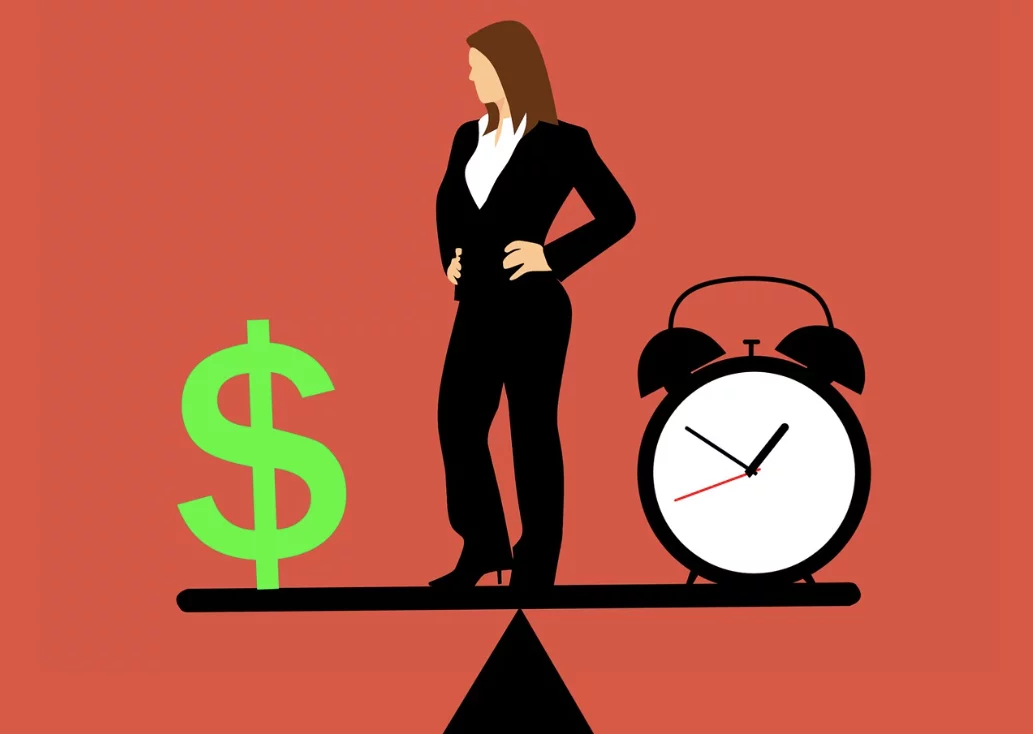
Don’t Forget To Discuss
There are several important factors that you need to consider when hiring an interior designer. These factors have a big impact on the project, so make sure you discuss all of this with the professional you hire before you start.
- Set project deadlines so that both you and the interior designer can plan your time and project milestones.
- You may already be in love with some of the furniture or artwork you own. Maybe some of them have sentimental value, or maybe you made them yourself. Be sure to point this out to your interior designer so he can find the right place for them, or even create an environment to highlight them.
- Most people would probably like to hire a professional to furnish their dream home, but are unsure about the costs associated with this service. Some designers may charge you an hourly rate, while others may charge a flat fee for the entire project. The amount can also vary depending on whether the interior designer will only create the project or will help implement it by physically selecting all the equipment and designing the furniture or other details. It is also possible to hire a designer only for consultations, performing all the installation work yourself. Make sure you find out in detail all aspects and services that will cost you (design, additional consultations, physical visits to the project site, etc.) You can also discuss the prices of furniture or building materials that they can buy for your project, most designers have contracts with manufacturers and suppliers – may be able to offer discounts. Also, always discuss payment terms so you can plan ahead.
- Hiring an interior designer should simplify your workload, not add more stress. Always keep your budget in mind. Even if it is not high enough, set a final amount that you will not exceed. Discuss this clearly with your interior designer. Often you may be tempted by ideas that are beyond your financial means, in which case ask your designer to find alternatives that can create a similar atmosphere within the budget and choose more economical solutions.
- Remaining open to suggestions is a crucial aspect to bear in mind throughout the design process. If you’ve already selected the patterns and style for your home, you’ve taken a significant step towards streamlining the design process. However, it’s important to recognize that interior designers possess professional training to observe patterns and create designs that fulfill their clients’ needs. Stay receptive to their ideas and suggestions, even if you don’t agree with every aspect. Some of their specific proposals may add a unique and special touch to your space.
For a successful design process, it’s crucial that the client and the designer maintain an equal partnership. Select a designer who is able to listen to your vision and help transform your empty space into a personalized haven that reflects your chosen lifestyle.

